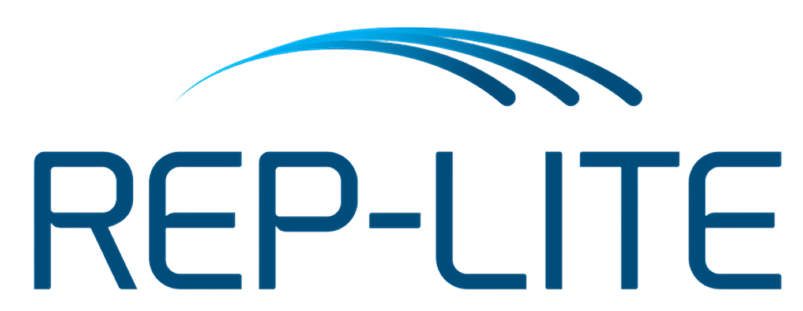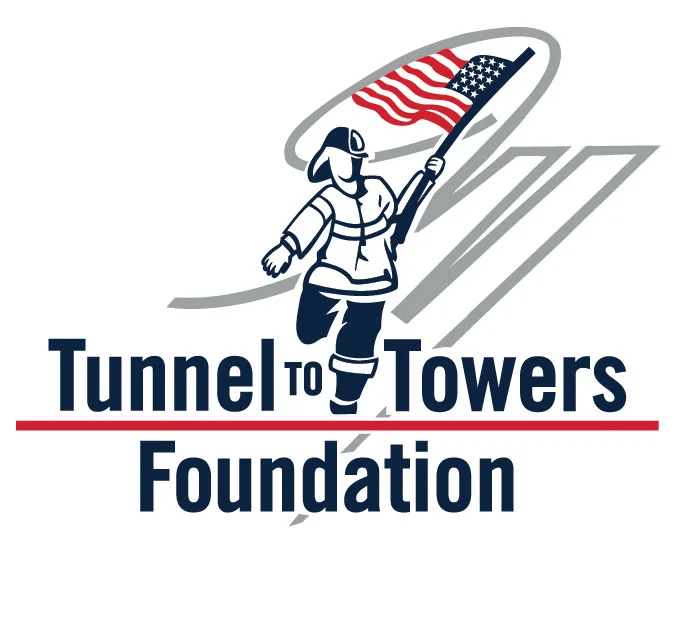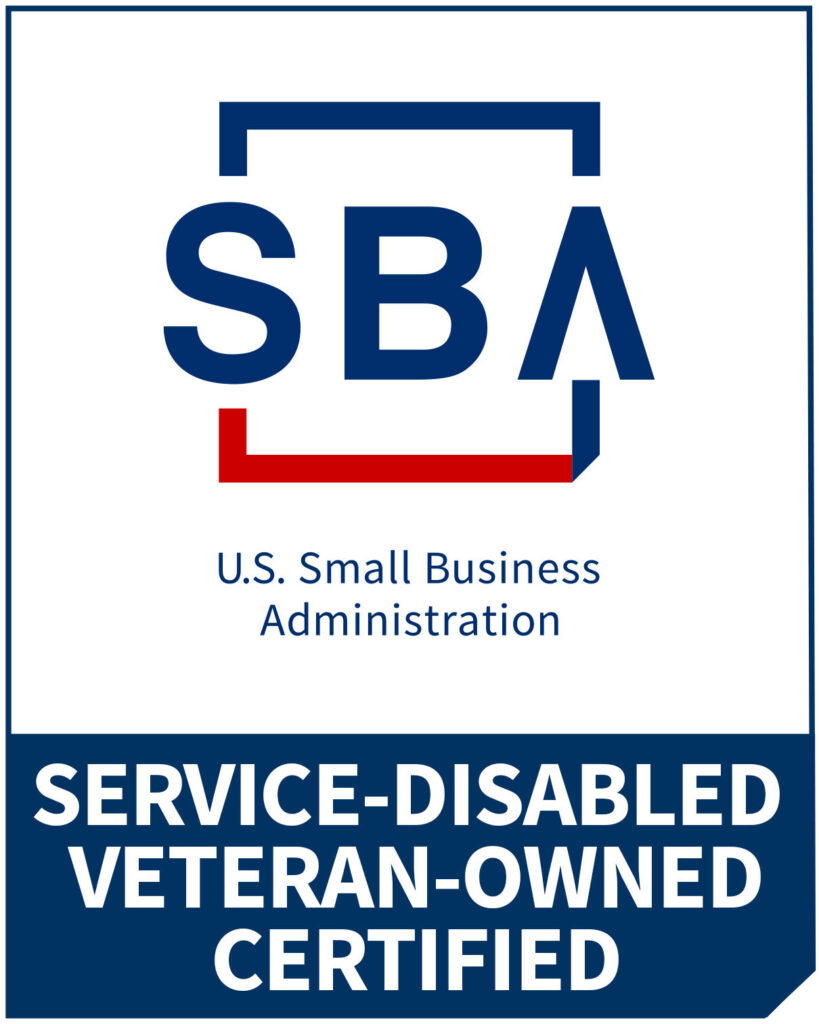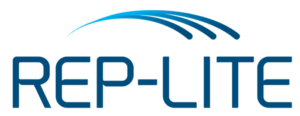Sales strategy consulting is a specialized form of management employed by a sales consulting firm that focuses on helping businesses improve their sales performance and achieve their revenue goals. So now that you have the gist of what sales strategy consulting is, let’s better understand what a sales consultant is.
With over 30 years of experience in staffing medical and sales reps, clinical sales, and service positions, Rep-Lite can help you offload the burden of hiring sales professionals to take your company to the next level.
What is a Sales Consultant?
A sales consultant is a professional who specializes in sales methodology and in providing expert advice and guidance on sales-related matters to businesses and individuals. Their role involves helping clients improve their sales processes, strategies, and performance, ultimately leading to increased revenue and business success.
Sales consultants may work independently, for sales team acquisition firms like Rep-Lite, or as part of an organization’s sales team. Thankfully, Rep-Lite can help you take the risk out of building an effective sales team.
Skills and Qualifications of a Sales Consultant
To excel in the role of a sales consultant, individuals typically possess the following skills and qualifications:
- Sales Expertise: A deep understanding of sales processes, techniques, and strategies is essential. Sales consultants often have prior experience in sales roles.
- Analytical Skills: The ability to analyze data, identify trends, and make data-driven recommendations is crucial for effective consulting.
- Communication: Strong communication skills are vital for conveying recommendations and working collaboratively with clients and teams.
- Problem-Solving: Sales consultants need to identify sales-related challenges and develop creative solutions to address them.
- Industry Knowledge: A good grasp of the industry or market in which the client operates is important for developing relevant and effective strategies.
- Technology Proficiency: Proficiency with sales-related software and tools, including CRM systems and sales analytics, is often required.
- Consulting Skills: Skills in consulting methodology, project management, and change management are beneficial for delivering consulting services effectively.
- Education: A bachelor’s degree in business, marketing, or a related field is often preferred, and some consultants may hold advanced degrees or relevant certifications.
What is Sales Process Consulting?
Sales strategy consulting is a specialized form of management consulting that focuses on helping businesses improve their sales performance and achieve their revenue goals. This type of consulting involves experienced professionals working with sales teams and leadership to develop and implement effective strategies and processes for increasing sales, expanding market reach, and optimizing revenue generation.
Benefits of Sales Strategy Consulting

Engaging with a sales strategy consultant can provide several significant advantages for businesses:
- Expertise: Sales strategy consultants have extensive knowledge and experience in sales and can offer insights and strategies that may not be readily available within the organization.
- Customization: Consultants tailor their approach to the specific needs and goals of the client, ensuring that the strategy is a perfect fit for the business.
- Increased Sales: A well-designed sales strategy can lead to improved sales performance, increased revenue, and market growth.
- Efficiency: Consultants help streamline sales processes, making them more efficient, reducing costs, and maximizing productivity.
- Competitive Advantage: By staying up-to-date with industry trends and best practices, consultants help clients gain a competitive edge.
- Change Management: They assist in managing the change process within the organization, ensuring that the new strategy is effectively implemented and adopted.
- Objectivity: External consultants bring an objective viewpoint to the organization, which can be especially valuable for identifying areas in need of improvement.
When To Hire a Sales Process Consultant
Hiring a sales process consultant is advantageous in various situations, including addressing inefficient sales processes and improving low conversion rates. If your sales processes are inefficient, involve redundant steps, have bottlenecks, or struggle to convert leads to customers, a consultant can help identify and rectify these issues. Also, as your business grows, your sales processes as well as your sales technology or CRM Systems will need to be adapted and scaled.
Rep-Lite offers tailored solutions for streamlining the hiring of professional sales talent in the medical and pharmaceutical industries. With their expertise, your company can adapt to business growth, integrate new technology, and address data utilization challenges.
Building a Sales Strategy
A well-crafted sales strategy is essential for businesses to effectively compete in the market, acquire new customers, and retain existing ones.
Components of a Sales Strategy
A well-constructed sales strategy typically comprises the following components:
- Situation Analysis: Begin with an assessment of the current state of your sales operations, market conditions, and customer needs.
- Goals and Objectives: Clearly define what you want to achieve, both in the short term and long term. Make these objectives specific, measurable, and time-bound.
- Target Market Segmentation: Identify and segment your target audience based on various criteria, such as demographics, location, industry, or behavior.
- Value Proposition: Articulate a compelling value proposition that answers why customers should choose your product or service over alternatives.
- Pricing Strategy: Determine how you’ll price your products or services, considering factors like cost, competition, and perceived value.
- Sales Process and Funnel: Design a well-defined sales process, from lead generation to closing deals. Clearly define stages, activities, and responsibilities at each step.
- Sales Team Structure: Organize your sales team, specifying roles, responsibilities, and territories if applicable.
- Training and Development: Develop training programs to enhance the skills and product knowledge of your sales team.
- Sales Technology Stack: Identify and implement the necessary sales technology tools to support your sales efforts.
- Lead Generation and Nurturing: Develop strategies for finding and nurturing leads throughout the customer journey.
- KPIs and Metrics: Establish a set of key performance indicators (KPIs) to measure the effectiveness of your sales strategy.
- Competitive Analysis: Analyze competitors to identify strengths and weaknesses and determine your differentiation strategy.
- Marketing Integration: Ensure alignment with the marketing strategy to coordinate efforts and messaging.
How To Build a Sales Strategy
To build an effective sales strategy consulting, start with thorough market research to understand your target audience, competitors, and industry trends. Then set specific SMART sales objectives, segment your market, and craft a compelling value proposition.
Follow this up by creating a structured sales process, determining sales team roles and responsibilities, and investing in training programs. Then you can integrate the right sales technology tools, metrics, and KPIs for lead generation and nurturing. Finally, analyze competitors, collaborate with the marketing team, and continuously evaluate and adapt your strategy to ensure a coordinated approach to customer acquisition and retention
Commission Structure and Compensation Plan

Sales compensation plans are a critical component of a company’s overall sales strategy. They are designed to motivate and reward salespeople for achieving their sales targets and driving revenue growth. A key element of these plans is the commission structure, which outlines how sales representatives are compensated based on their performance.
Types of Commission Structures and Compensation Plans
Here are a few commission structures and compensation plans that you should be aware of. These are a great starting point to understanding the best structure to meet your needs.
Straight Commission Plan
In a straight commission plan, sales representatives are paid solely on a commission basis, with no base salary. The more they sell, the more they earn. This plan is common in industries like real estate and some retail sales.
Base Salary Plus Commission Plan
In this plan, salespeople receive a combination of a base salary and commission. The base salary provides a guaranteed income, and commissions are paid on top of that based on sales performance.
Tiered Commission Plan
A tiered commission structure involves different commission rates for different levels of sales achievement. As sales representatives surpass certain sales targets, their commission rate increases.
Bonus and Incentive Plans
In addition to commissions, companies may offer bonuses or incentives for achieving specific milestones or goals. For example, a bonus may be awarded for reaching an annual sales target or for selling a certain number of a particular product.
Residual Commission Plan
This plan is often used in industries like insurance or subscription services. Sales representatives earn ongoing commissions for as long as the customer continues to use the product or service, providing recurring revenue.
Team or Group Commission Plans
These plans reward teams or groups of salespeople for collective achievements. This can promote collaboration and teamwork among sales teams.
Profit Margin-Based Plans
Instead of basing commissions on sales revenue, some plans use profit margins. Salespeople earn commissions based on the profitability of the deals they close.
Hybrid Plans
Some companies use hybrid compensation plans that combine multiple elements. For instance, they might offer a base salary, commissions, and bonuses to create a well-rounded compensation package.
How to Create a Commission Structure and Compensation Plan
Creating an effective commission structure and compensation plan requires a thoughtful approach. To start, set clear objectives, analyze your market and industry standards, understand your sales team’s needs, and determine the mix of compensation elements.
You will need to define the commission rates and tiers based on your goals and budget, and then establish performance metrics. This will need to be documented as a comprehensive compensation plan. Make sure to communicate and train your sales team on the plan.
To be sure that it works you will need to monitor its effectiveness, ensure legal compliance, and use technology tools for effective tracking. Lastly, seek feedback from your sales team to gather insights for potential improvements.
Geographical Targeting
Geographical targeting, or geo-targeting, is a marketing strategy that focuses on specific geographic areas to tailor marketing efforts to local preferences and conditions. It leverages geographic information like IP addresses or GPS data to increase relevance and effectiveness.
Benefits of Geographical Targeting
The benefits of geography targeting include improved relevance, cost-efficiency, and local competition. Local competition helps businesses compete effectively at a local level, particularly important for brick-and-mortar stores and service providers with physical locations.
Personalization, SEO, and market insights are also benefits of geographical targeting. For online businesses, geo-targeted content and SEO strategies can improve search engine rankings, making it easier for local customers to find the business.
Effective advertising and localized campaigns allow businesses to choose the most appropriate advertising channels and run specific localized marketing campaigns for promotions, events, or initiatives that are region-specific.
How To Develop a Geographical Targeting Strategy
To develop a successful geographical targeting strategy, businesses should define target areas, understand local audiences, and select appropriate channels.
You should also aim to create localized content and use geo-targeting tools to optimize local SEO. Tracking and adjusting your strategy based on performance is recommended as well as ensuring compliance with privacy regulations.
You should consider local partnerships, and incorporate feedback from local customers and incorporate their input into your strategy. This can help you better align with local needs and preferences.
Summary
Sales strategy consulting is a valuable resource for businesses seeking to enhance their sales performance and revenue generation. By providing expertise, customization, and guidance, consultants help organizations develop and implement effective sales strategies that drive growth and success in an increasingly competitive marketplace.
With over 30 years in the business, Rep-Lite is here to streamline the hiring of high-quality sales representatives. With our expertise, we can help you build a powerful sales team that can propel your company to the next level.





















